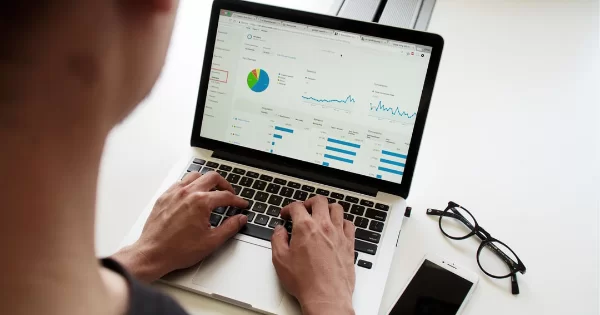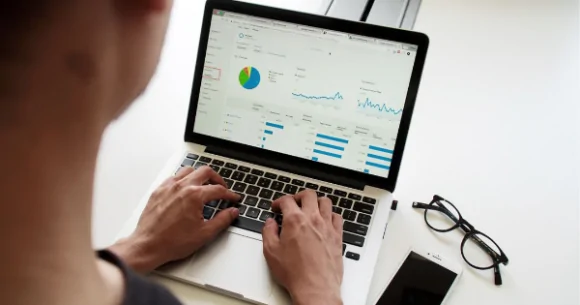
The Great Recession of 2008 created a domino effect of financial woes for an entire generation and the new post-pandemic economy could very well have the same effect. While the COVID-19 crisis is first and foremost a public health crisis, many Americans are nervous about what the pandemic could mean for their financial futures.
There are about 400 million entrepreneurs operating worldwide. In just over two months since the COVID-19 crisis surged in the U.S., over 100,000 small businesses have closed their doors for good and 7.5 million more are at risk of failing. According to The Brookings Institution, the country is at the beginning of what could be one of the deepest recessions in history.
Yikes.
Still, in a strange turn of events, Generation Y and Z’s risk-aware nature caused by the Great Recession has prepared us for this moment. Here’s what you can do to prepare for the potential financial future in a post-COVID economy.
Plan for scenarios
Think of your family’s fire escape plan from when you were a kid. Chances are you came up with several different escape routes for a variety of scenarios. If there was a fire in the living room, how would your family get out? What would you do if the windows were locked and you needed to find another way to escape?
The future economy is just like that. Now is the time to catastrophize in a productive way by considering the unknowns to frame the economic forecasts you hear about in the news. Consider what you can do in each of those scenarios.
For instance, if workplaces across the country reopen and you’re allowed to go back to work, will you stay with that job or look elsewhere for a job that allows you to work from home? If you lose your job during a second wave of the COVID-19 crisis, does your apartment building qualify for the federal eviction moratorium? Ask yourself questions and create scenarios you can prepare yourself for.
Pay off any high-interest debt now
If you’ve been saving up your money to make a substantial purchase, it may be worth considering how you plan to spend that money. For instance, if you have over $1,000 in credit card debt and you’ve finally managed to save up $1,000 to buy a new couch, it may be worth paying off that debt rather than investing in furniture.
High-interest rates can come back to haunt you later, especially when the country’s financial future is in the middle of a guessing game. What’s more, you can save up for that purchase again easily when you’re no longer paying double your credit card payment every month to make a substantial dent in your debt.
Invest carefully
Many Americans aged 40 and younger feel confident in their ability to use financial products like stocks and private equity. According to a 2018 study by Bank of the West, up to 66% of Americans aged 25 to 40 feel they’re confident in using stocks.
However, understandably, many young Americans are just as reluctant to invest as they are confident in their financial capabilities. Having lived through the financial impact of the Great Recession, another 66% of survey respondents said they feel safest keeping their savings out of the market.
Consider using now as the time to do your research on how to carefully invest your money and to get an idea of which stocks and markets you’d actually like to invest in. For instance, the U.S. alone holds over 45% of the global pharmaceutical market, but the U.S. economy has also lost $7.4 billion per day in improperly filled-out timesheets.
Investopedia recommends starting with a plan and a time frame and then learning about how the market works. Create an investment strategy that works best for you to determine what kind of investor you are. Never invest more money than you’re comfortable with, and be careful not to make assumptions.
It can be tricky to plan for the unknowns of the economic future. But by looking at the certain ways in which the country has recovered from the Great Recession, and by being smart with your investments and savings, you may be able to feel a little more secure planning ahead for a post-pandemic economy.

